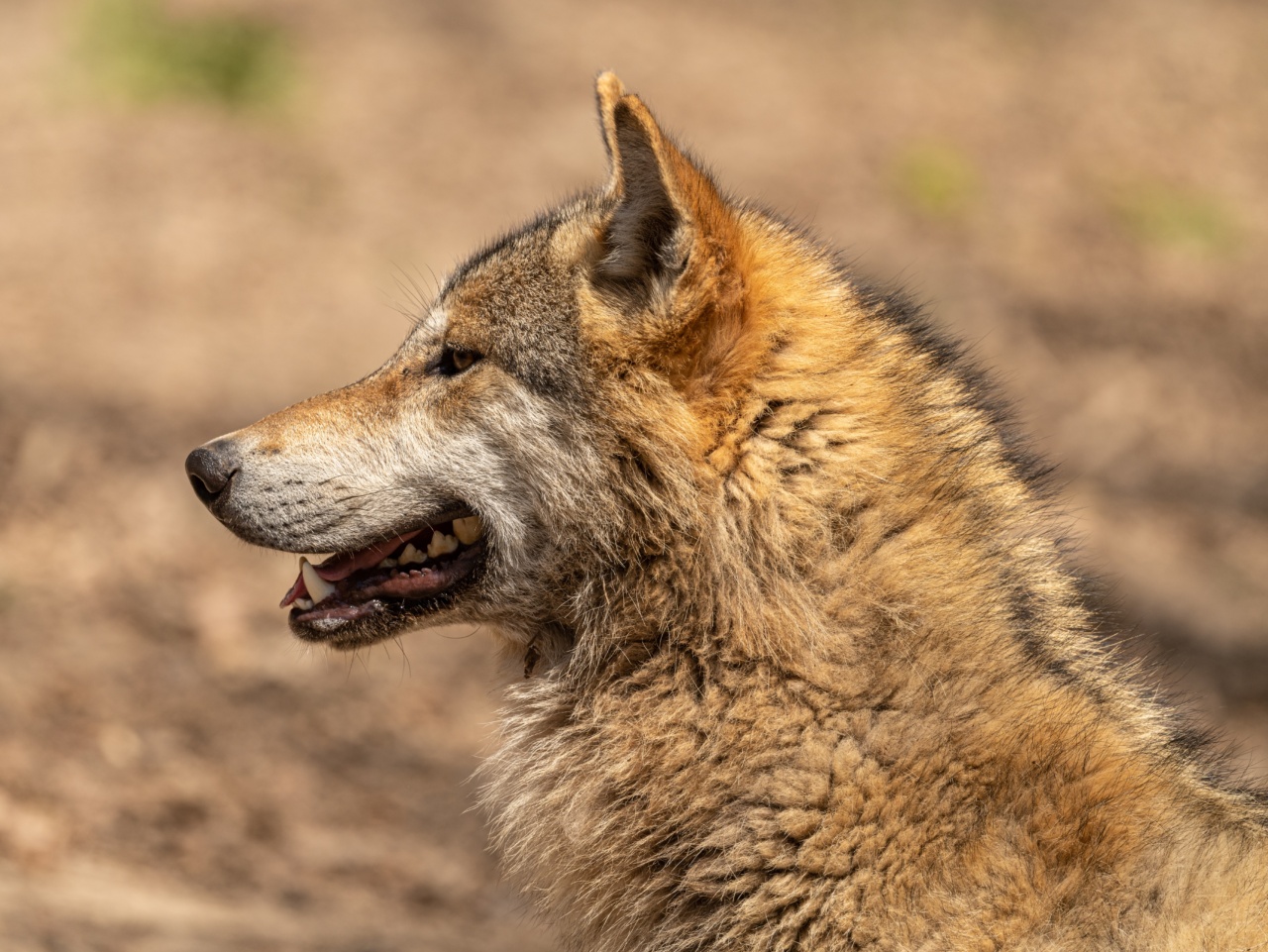Lupus erythematosus (wolf) is a chronic autoimmune disease that can damage any part of the body, including the skin, joints, and organs. It’s a common autoimmune disorder that effects millions of people worldwide.
Lupus can cause sensitivity to light, rashes, inflammation, joint pain, fatigue, and other symptoms. There are no known cures for lupus, but many treatments are used to alleviate symptoms and prevent flares. The reserachers have discovered there is a strong link between childhood trauma and the intensity of lupus erythematosus.
What is Childhood Trauma?
Childhood trauma is a term used to describe an event, experience, or environment that may result in significant damage to a child’s physical and emotional well-being.
Children can experience trauma in many ways, including sexual, physical, and emotional abuse, neglect, significant loss, and exposure to violence. Traumatic events can often lead to the development of a range of mental health conditions, such as depression, anxiety, and post-traumatic stress disorder (PTSD).
What is Lupus Erythematosus (Wolf)?
Lupus erythematosus (wolf) is a chronic autoimmune disease that can damage any part of the body, including the skin, joints, and organs.
Lupus causes the immune system to attack healthy cells and tissues within the body, thus resulting in long-lasting inflammation that affects various parts of the body. Symptoms may vary in severity, type, and duration across different Lupus cases, often leading to misdiagnosis. This chronic condition is often referred to simply as lupus.
The Link Between Childhood Trauma and Lupus Erythematosus (Wolf)
Scientists have found that there is a strong link between childhood trauma and the intensity of lupus erythematosus (wolf). Childhood trauma creates chronic, ongoing stress that alters the immune system’s function.
This altered immune system can allow diseases such as lupus to worsen. Chronic stress can cause cortisol to be produced, and extra cortisol can impact the production of immune system cells, triggering those that promote inflammation.
It’s important to note that trauma is tied to a higher risk of developing autoimmune disorders, as well as other chronic medical and mental health conditions.
How Childhood Trauma Impacts Lupus Erythematosus (Wolf)
Childhood trauma can exacerbate lupus erythematosus (wolf) in various ways. Anxiety and depression, which are commonly related to childhood trauma, can weaken the immune system, making it less effective in fighting off infections.
Additionally, individuals suffering from chronic stress are more likely to experience sleep disturbances, leading to disruptions in sleep quality and duration – which can cause flares of the illness. Childhood trauma can also prompt the body to produce pro-inflammatory molecules, which exacerbate inflammation and trigger a heightened autoimmune response that fosters lupus erythematosus.
The Importance of Addressing Childhood Traumaic Experiences
It is crucial to address childhood traumaic experiences to prevent the further aggravation of lupus erythematosus.
Reducing traumatic stress can support lupus patients by lowering cortisol and other pro-inflammatory hormones, stabilizing the immune system, and improving the ability to get restful sleep. Therapist or psychiatric counseling, stress-reducing activities such as yoga, meditation, mindfulness, deep breathing, exercise, or movement can all help to address childhood trauma.
Patients can also use medication to help with stress symptoms, such as anxiety and depression and reduce symptoms of lupus.
The Bottom Line
Childhood trauma and Lupus erythematosus (wolf) are two separate entities that can exacerbate one another.
Childhood trauma can intensify the condition by producing an imbalance in the immune system, which will cause abnormal inflammation and other symptoms. It’s essential to address childhood trauma immediately to prevent and reduce the chances of further exacerbating lupus erythematosus, and it helps to improve the overall health and quality of life of lupus patients.































